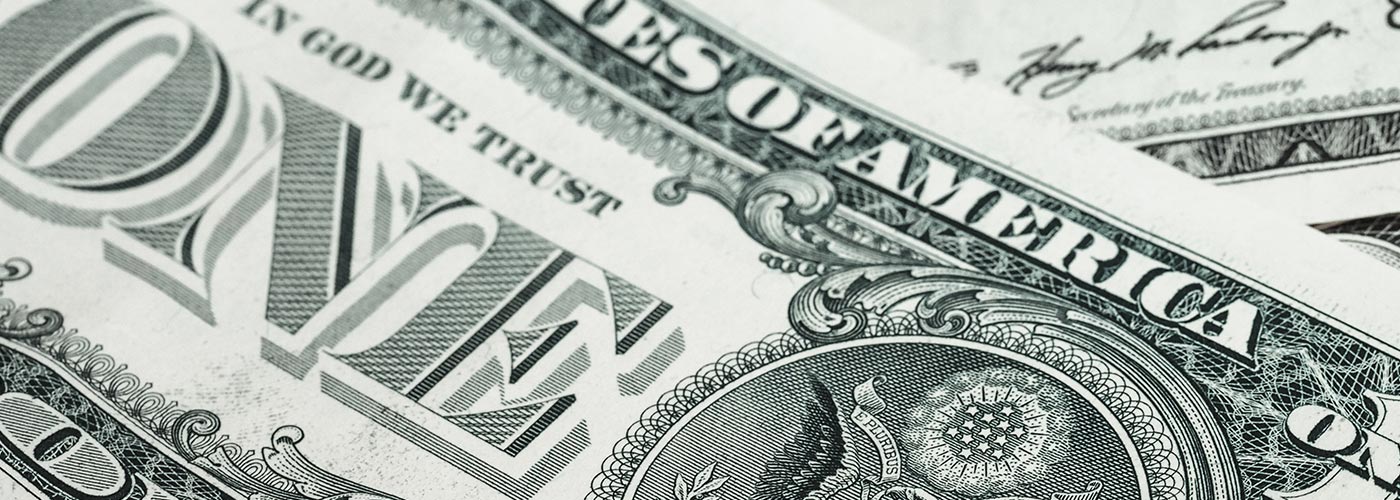The World Moves Beyond the Dollar…
If you don’t fit in, then you’re probably doing the right thing.
– Anonymous
Clearly, I do not fit in.
For more than a decade now, I’ve been telling my readers about the China/Russia tag-team effort to launch a new, global reserve currency backed by hard assets.
And for more than a decade, mainstream thinkers have largely scoffed at the notion that those two countries could pull off a feat as mean as replacing—even partially—the dollar’s role as King of the Currencies.
If you’ve been reading Field Notes for any length of time, you’ll know my story, so I won’t belabor it here by recounting again my 2012 meeting in the Estonian woods, where a former Soviet politburo member and economist who helped build the Estonian croon (the local currency) after the fall of communism, told me about his monthly calls to help the Russian central bank fashion a new currency with the Chinese.
Instead, I will quote two recent headlines:
Countries like Malaysia and Thailand are flocking to join BRICS as a potential ‘counterweight against U.S. economic hegemony’ – Fortune
De-dollarization the path to global financial freedom – Asia Times
Those headlines are pretty much a paint-by-numbers kit, meaning you can see exactly the picture we’re going to get, so I really don’t need to go into any detail about the stories themselves.
But I will add that the subhead on the Asia Times story does a very neat job of succinctly capturing the salient issue:
US weaponization of dollar is backfiring as BRICS and wider developing world accelerate away from dollar-based trade and holdings.
The Western press, particularly the US press, has a very bad case of BRICS myopia.
How, they wonder aloud, can Brazil, Russia, India, China, and South Africa—the BRICS—cobble together some kind of Monopoly money that anyone would trust?
Just look to the sports world, I say.
Every weekend some underdog stands tall and upsets a heavily favored competitor somewhere in the sports world.
Sometimes it’s luck. Sometimes it’s skill, desire, and preparation.
And sometimes it’s because the crowd is demonstrably behind the underdog, cheering it to victory and instilling in the underdog a sense of “Yes we can!”
That’s what headline #1 hints at.
There was a time when a unipolar world made some sense. The US had to lead the way out of the darkness of global war. The US and the dollar had to rebuild global trade by way of a single currency everyone could trust—managed by a country that most others felt they could trust to do the right thing.
Sadly, those days went bye-bye.
The world increasingly does not trust the US, which is what headline #2 gets at.
Much of the world rightly fears that the US government uses its currency as a bludgeon to shape global or regional policies that benefit America to the detriment of other countries. That is not a wrong assessment.
Think of the sanctions placed on Russia after the start of the Ukraine war, when Russia was cut out of the global payments system.
Whatever you think of the moral rights or wrongs of it… The fact is, other countries do not want to be in a position where they’re reliant on the US-led financial system and America’s good graces. And so, they’re working together to find alternatives.
The world wants out from under Uncle Sam’s financial thumb.
Which is why as many as 59 countries now want to join BRICS. Their rationale is prudent: They don’t want all their eggs in one (currency) basket.
Too much risk in that.
DC has already shown that it is willing to deploy the dollar as a weapon, and that has freaked out a lot of the world.
Rightly, they want to de-risk. Build in some form of protection.
Can’t really blame ‘em. No different than me owning a bunch of gold, silver, bitcoin, and Swiss francs to protect against my personal exposure to the dollar.
But the bigger point here is simply that more and more countries are migrating toward the BRICS. That’s not to imply they’re abandoning America. They’re just diversifying, to use a term Wall Street loves.
A lot of mainstream thinkers will, per usual, scoff and laugh and disregard that reality. And that’s fine. Someone has to be wrong—that’s what makes a market.
But as our friend Anonymous said, “If you don’t fit in, then you’re probably doing the right thing.”
I’m convinced you and I are doing the right thing.
By owning gold et al., we’re prepping for the day the dollar’s reign as king comes to an end and a new global reserve currency offers countries an alternative to the greenback. The dollar won’t go away, for sure. It will always remain an important currency.
Just not the world’s only important currency.
In that transition, great wealth will be lost.
But those who prepare for the obvious… we’re probably doing the right thing.
Anonymous would be proud.

